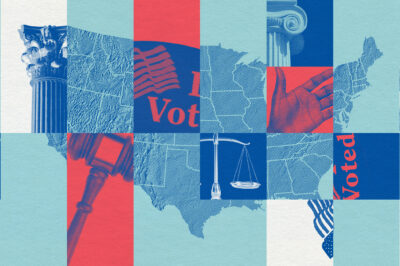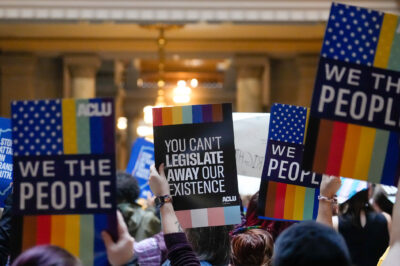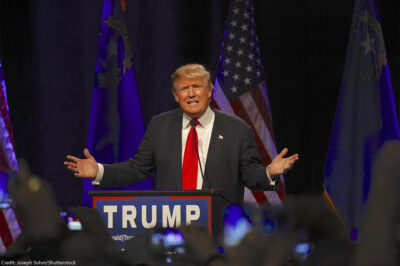
The police department of what U.S. city created a list “400 most dangerous people,” not based on crimes they had committed, but on historic crime information, disturbance calls, suspicions reports, and social network analysis?
Residents of what Ohio city may have to travel one-and-a-half hours by bus to an early voting site to cast their ballot if their county moves the site from its current site within five miles of 59 percent of residents to a site in the suburbs that are only convenient for 29 percent?
A federal judge in New Jersey dismissed a lawsuit brought by New Jersey Muslims who claim what agency surveilled them based on little more than their religion?
What action could President Obama take to end the humiliating, ineffective, and unlawful practice of racial profiling?
What controversial video did a federal appeals court order Google to remove from YouTube?
Chicago Police “Heat List” Renews Old Fears About Government Flagging and Tagging
The Verge had a story last week (expanding on an August report from The Chicago Tribune) that the Chicago police have created a list of the “400 most dangerous people in Chicago.” The Trib reported on one fellow, who had no criminal arrests, expressing surprise over having received a visit from the police and being told he was on this list. A 17-year-old girl was also shocked when told she was on the list.
What’s Wrong With this Picture?
How can people vote early if they can’t get to their polling place? The answer is they can’t.
But in Hamilton County, Ohio, following a vote to move the county’s Board of Elections from its current location in densely-populated downtown Cincinnati, the county’s only in-person early voting site may soon become inaccessible to thousands of Hamilton County residents. As the above map makes clear, for the members of the 40 to 55 percent of households in downtown Cincinnati who don’t have access to a vehicle (many of whom are below the poverty line), moving the in-person early voting site to the remote suburb of Mount Airy could be tantamount to removing their access to the ballot.
Wrongly Legitimatizing NYPD Discrimination
A federal judge in New Jersey dismissed a lawsuit last week brought by New Jersey Muslims who claim that the NYPD investigated and surveilled them based on little more than their Muslim faith. The plaintiffs in Hassan v. City of New York have good reason to believe they were the targets of unconstitutional discrimination — for years, New York’s Muslims have known that they were subject to heightened police scrutiny because of their religion.
An Open Letter to the President on Race
From stop-and-frisk in New York to Sheriff Arpaio in Arizona, you can’t deny our country continues to struggle with this issue. And despite countless stories of innocent Americans accused of wrongdoing just because of the way they look, President Obama’s administration has yet to revise the Justice Department guidance regarding the use of race in federal law enforcement issued by Attorney General John Ashcroft more than a decade ago.
Nothing to See Here! Censoring ‘The Innocence of Muslims’
It’s likely you haven’t escaped the roiling controversy generated by the film The Innocence of Muslims. This “film” has alternately been described as: a deliberate provocation of Muslims, a launching point for a conversation about free speech, a trigger for the tragic attack on our Benghazi consulate, and a comically bad example of post-production dubbing. Whatever your own thoughts on the film, it’s undeniable that The Innocence of Muslims has given rise to passionate and divergent opinions on censorship, religion, and politics. It’s been downloaded and viewed countless times. It’s been named and featured on countless blogs and newscasts about religious freedom, free speech, and Benghazi.
To censor this film now would be as tough and meaningless as getting a feral cat back into a bag. But that’s precisely where the Ninth Circuit federal appeals court tried to stuff it last week – and we’re just now finding out about it.
Learn more about your civil liberties issues: Sign up for breaking news alerts, follow us on Twitter, and like us on Facebook.



